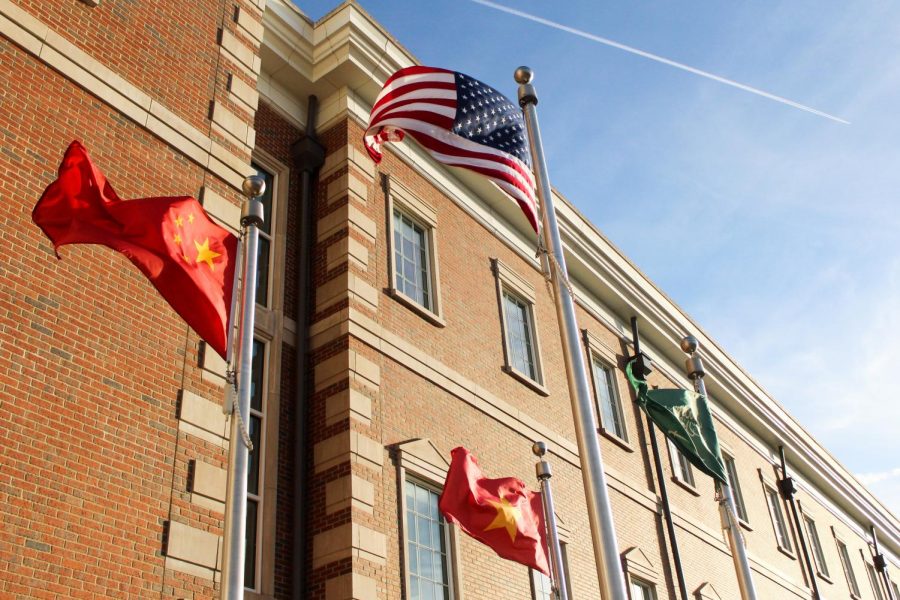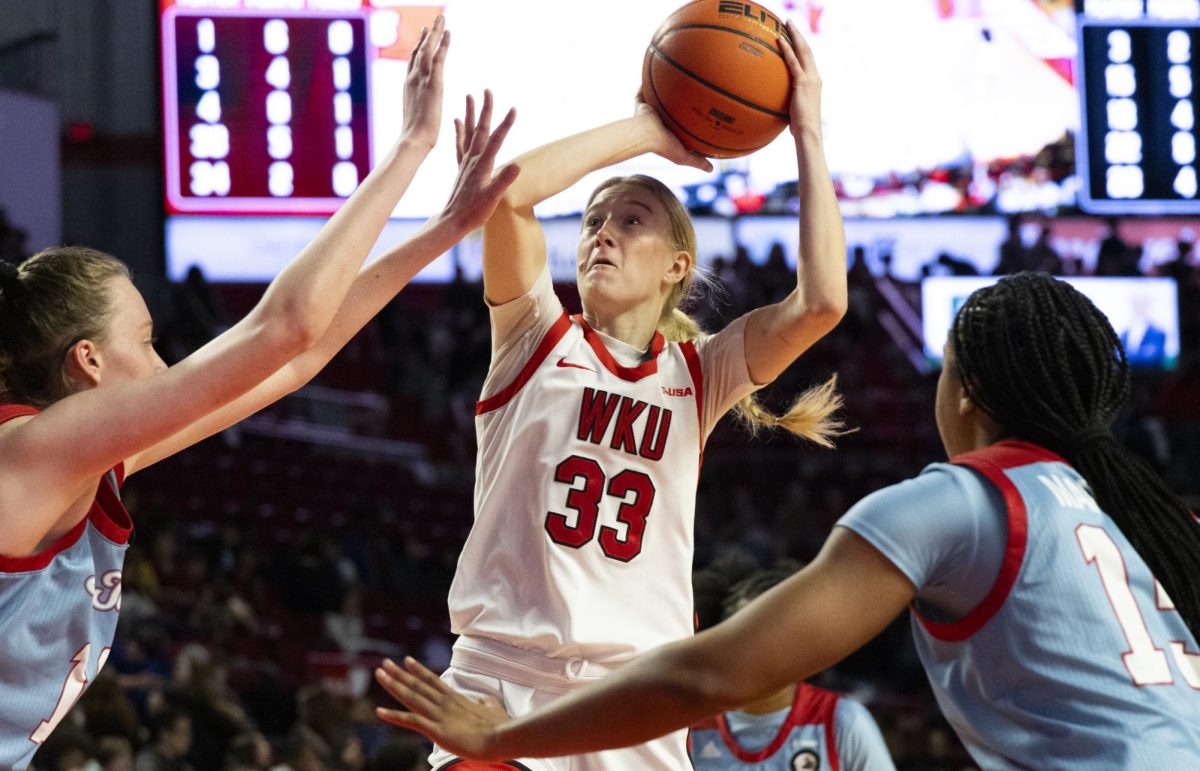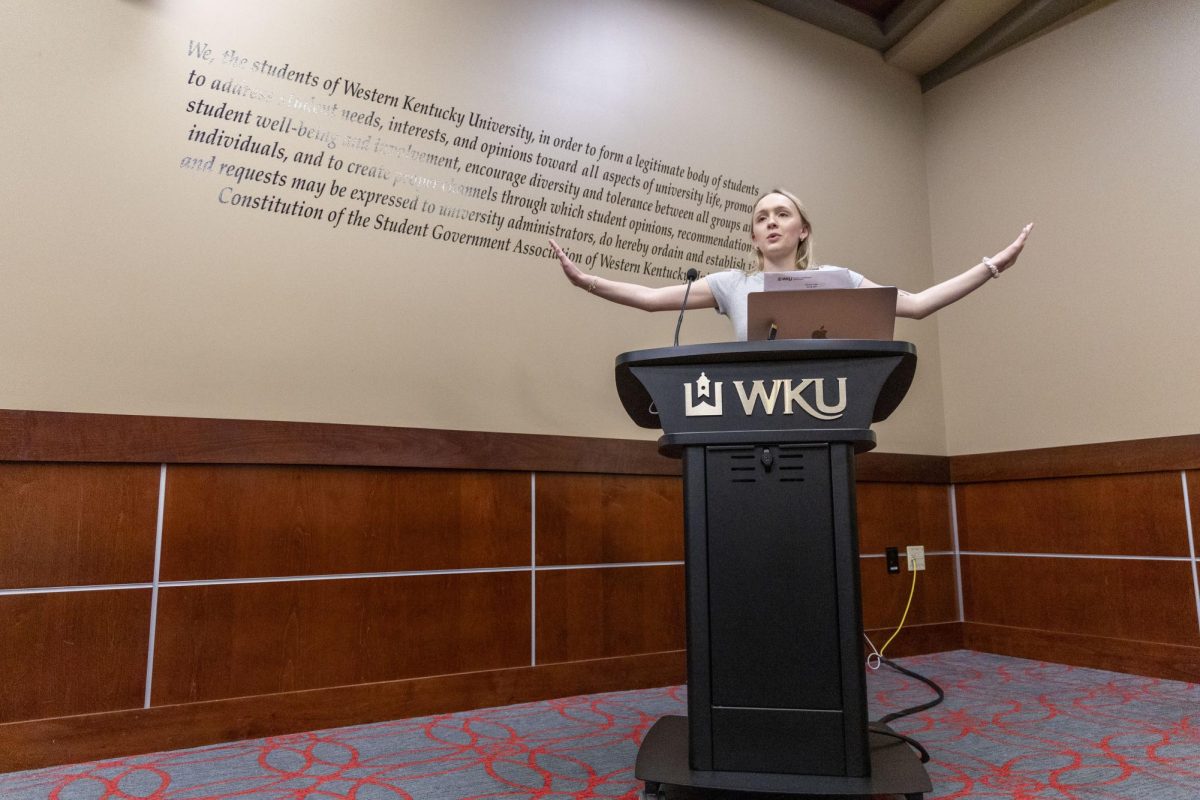What you should know when studying abroad
February 25, 2020
College offers many opportunities, including the chance to see the world. The chance to travel to a different part of the world while also earning credits seems very appealing, but where do you start? What do you need to know when taking those steps?
“I went to Harlaxton for four months and then stayed a couple of weeks after for an Italy trip,” junior Seth Newby said. “It’s really cliché, but it was the best four consecutive months of my life. I really liked it.”
Junior Brooke Bledsoe describes her experience of living in the English countryside as a fairytale. “Every single day, I woke up and forgot where I was because it did not feel real,” Bledsoe said. “I got to travel to 14 different countries in the matter of four months, and most people don’t even get to do that in a lifetime.”
Studying abroad also met them with surprises — with not only a different scenery, but different people.
“I was surprised to get as close with people as you do,” Newby said. “You spend practically 24 hours a day with them for four months or so. You learn a lot about people over that time and grow close to them. That is the thing I loved the most.”
Studying abroad also offers other benefits that students rarely consider, like internships and service-learning projects.
“They are very popular and can stand alone as your global experience or be combined taking classes,” Caryn Lindsay, director of Study Abroad & Global Learning, said.
She also expresses that this can help students set themselves apart when going against other job applicants.
“A study abroad experience is more than just the course,” Lindsay said. “You can show success in the sought-after skills of adapting to a new environment and interacting with people who are different from you.”
While enjoying their experiences, students said reality set in, and they began realizing things they wished they had known before boarding the plane.
How to budget
One thing Bledsoe stressed was the budgeting. When talking with people, many had told her studying abroad would keep within the budget she had set.
“A lot of people who went abroad gave me a number to stick with, but they did not take into account the hiccups while traveling like missed flights, sicknesses, late trains, etc.,” Bledsoe said.
How to keep an open mind
Newby expressed the importance of keeping an open mind.
“Most students, I think, have an open mind, but you really have to be intentional with keeping an open mind, especially when going into a plethora of different cultures,” Newby said. “It can be tough for others but easy for those who are more outgoing. It may be hard for those who are more introverted, but it won’t devalue their experience. They can learn from that.”
How to personalize your experience
Lindsay expressed that students should look into what they want and personalize their experience.
“It is about where you have always to go, what you want to learn about,” Lindsay said.
She also suggests early planning, so that you can find a program that will fit smoothly into your academic program at WKU, suit your budget and explore places you may have only dreamed of.
Who to ask for help
While students’ minds can be plagued with worrisome aspects of studying abroad, WKU’s Study Abroad & Global Learning Office can help calm and inform students.
The Study Abroad & Global Learning Office not only helps inform students about programs, but also help with the specifics of what to pack, getting passports, scholarships and helping set up pre-departure orientation where you will hear from past students and other experts on what to pack for your individual program.
Bledsoe thanks the Study Abroad & Global Learning Office for helping her through the process.
“The WKU Study Abroad & Global Learning Office was the best in guiding me through all the right steps to ensure that I was prepared as possible,” Bledsoe said.
Features reporter Gabrielle Bunton can be reached at gabrielle.bunton605@topper.wku.edu.













